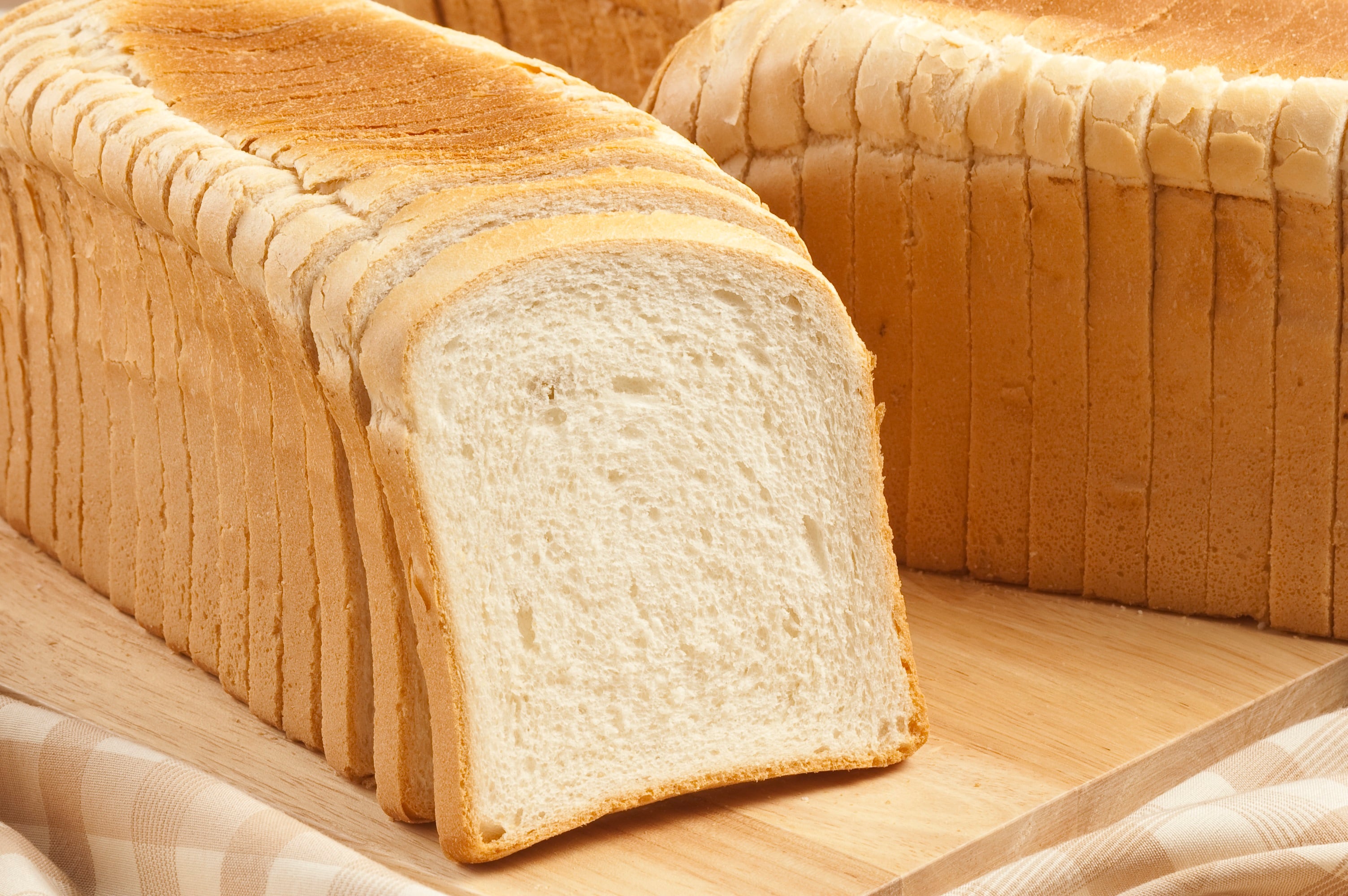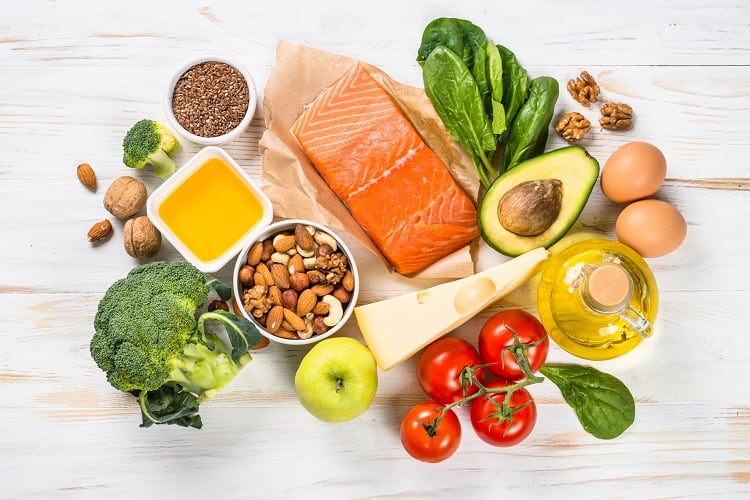From the low-histamine diet to the Autoimmune Protocol (AIP) diet, health and wellness trends are dominating the food and beverage industry, fuelling innovation and guiding new product development. Enter the low-cortisol diet.
Fast gaining popularity and influencing consumer eating habits, the low-cortisol diet is currently dominating social media, with ‘cortisol’ tagged 558K times on Instagram and 454k times on Facebook. What’s more, there are dozens of accounts, including Cortisol_Coach (305k followers) and Gabrielle_Cortisol.Coach (108k followers), dedicated to helping consumers cut their cortisol levels.
What is cortisol?
Cortisol is a steroid hormone naturally produced within the human body.
The body releases and increases cortisol levels in response to stress and a low blood-glucose concentration. Its function is to increase blood sugar, suppress the immune system, and aid in the metabolism of calories.
What is the low-cortisol diet?
There is currently no official definition of the low-cortisol diet. However, it is widely recognised as a style of eating which focuses on removing foods that trigger an increase in cortisol levels, and including foods that help to reduce cortisol levels.
Cortisol is released into the bloodstream, when the body perceives itself to be faced with a stressful situation, activating the ‘fight or flight’ response. Cortisol levels then drop when the threat passes. However, problems arise when cortisol levels remain consistently high, leading to an increased risk of a range of health conditions.
These include:
- High blood pressure, heart disease, type-2 diabetes and other chronic diseases
- Weight gain, due to an increase in appetite and metabolic shift to storing fat
- Sleep disturbances
- Brain fog or lack of mental clarity
- Reduced immune function
- Mood swings and mental health issues, such as anxiety and depression
- Cushing’s syndrome – a rare condition caused by too much cortisol
- Cortisol also decreases bone formation, by triggering bone mineral resorption to free amino acids, for use as an energy source through gluconeogenesis
Symptoms of high cortisol levels include:
- Bruising easily
- Reddened face
- Large bright stretch marks
- Shaking
- Elevated heart rate

Which foods increase cortisol levels?
- Red meats
- Highly processed foods
- Refined carbohydrates such as white bread
- Alcohol and caffeine have also been linked to increased cortisol levels
Which foods help to lower cortisol levels?
- Fruits
- Vegetables
- Wholegrains
- Beans, pulses, lentils
- Low-fat dairy foods
- Lean proteins such as poultry
- Oily fish
Another major food and beverage trend, gut health, also appears to play a role in helping to lower cortisol levels.
“Good gut health is cited as potentially helping reduce cortisol levels, which is helped my having a diet rich in plant foods,” says Fiona Brannigan, dietitian and founder of Inspirit Nutrition and Dietetic Consultancy. “Fermented foods may also have a role to play too.”
Additionally, Brannigan says there is some evidence to suggest that apoptogenic herbs, such as rhodiola and ashwagandha, may also help in lowering cortisol.

Opportunity for the food and beverage industry
According to the Ipsos, just over three in five people globally, say they have experienced stress levels to the point that it had an impact on their daily life. Levels of stress range from a high of 76% in Türkiye to a low of 44% in Japan. Overall, a slightly higher proportion of women (66%) say they feel stressed, in comparison to men (58%).
For individuals with high-cortisol levels, resulting from high stress levels, adopting a low-cortisol diet could lead to significant health benefits.
However, as with all diets, there are concerns that its restrictive nature could lead to the absence of essential nutrients as well as increasing stress as consumers focus on keeping to the rules of the diet.
“Like any ‘diet’, there is always the risk for added stress in trying to eat perfectly and lead to an unhealthy relationship with food,” says Brannigan.
This could present a huge opportunity to food and beverage manufacturers. There is potential to create products specifically for individuals looking to reduce their cortisol levels, while maintaining their intake of essential vitamins and minerals. In the same way that most supermarkets now carry gluten- and dairy-free ranges, they could also offer a ‘low-cortisol’ range, or a ‘stress-free’ range!





